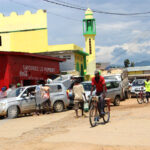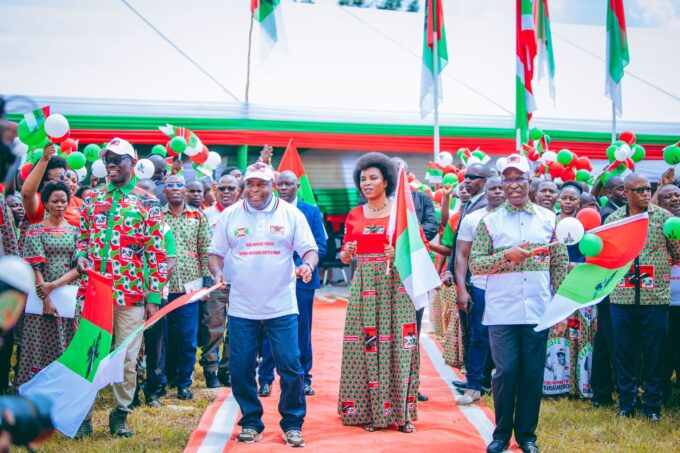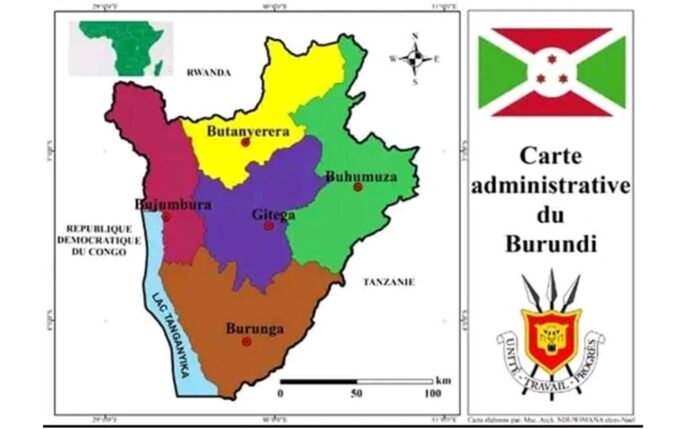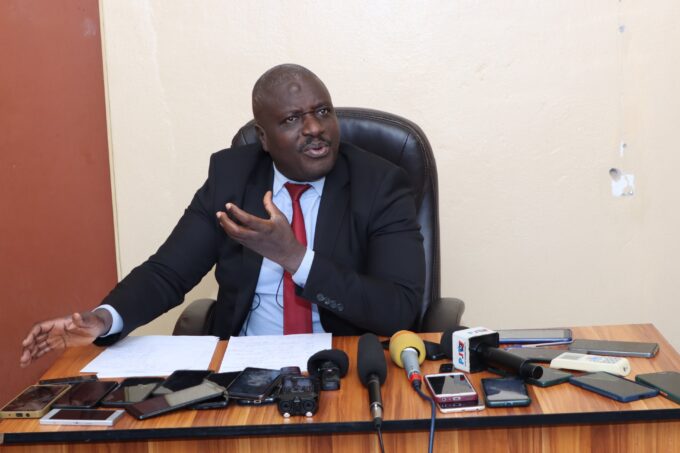PARCEM, a local civil society group in Burundi, has welcomed President Évariste Ndayishimiye’s declaration that 2025 will be dedicated to the fight against corruption, while urging the government to implement a comprehensive, regularly evaluated national strategy to combat corruption.
In a statement released Thursday, PARCEM emphasized that achieving Burundi’s Vision 2040/2060 is impossible without reinforcing good governance and taking concrete steps to tackle corruption. The group also reiterated its long-standing position that the fight against corruption cannot succeed without a clear, actionable plan. Comparing it to a battle, PARCEM underscored the need for careful preparation and strategic execution to achieve meaningful progress.
“The Burundian government must develop a national strategy for good governance and anti-corruption that is regularly evaluated, bringing together all stakeholders and clearly outlining each individual’s role,” PARCEM said in a statement on X (formerly Twitter).
PARCEM advocates for the creation of a national anti-corruption framework that unites all stakeholders, emphasizing the importance of an improved legal and institutional environment. This would include stronger judicial mechanisms, specialized institutions, and bodies capable of conducting thorough investigations. According to PARCEM, these measures are essential not only to combat corruption but also to prevent associated abuses that undermine the rule of law.
The group further called for preventive actions aimed at curbing corruption, such as raising awareness about its various forms and consequences, strengthening asset declaration requirements, managing conflicts of interest, promoting citizen reporting, and enhancing budget transparency. PARCEM insists that these actions should be part of a robust framework that ensures anti-corruption efforts are both effective and sustainable.
Despite the president’s declaration, PARCEM stressed that the government must deliver tangible results rather than relying solely on moralization or intentions. “The fight against corruption must be reflected in concrete actions, not just intentions,” the group said, urging the government to demonstrate a clear, pragmatic, and visible commitment to anti-corruption reforms.
This statement from PARCEM follows a stern warning from President Evariste Ndayishimiye in late December 2024, where he vowed to punish corrupt officials with job dismissals, severe penalties, and demands to repay stolen public funds with interest. The president made it clear that any officials found guilty of corruption or mismanagement would no longer be trusted with government positions.
Burundi continues to face challenges in the fight against corruption. Transparency International’s 2024 Corruption Perceptions Index ranked the country 162nd out of 180 nations, with a dismal score of just 20%. Similarly, the Ibrahim Foundation’s African Governance Index showed a decline, with Burundi falling to 43rd place out of 54 African nations.
Former Presidents Domitien Ndayizeye and Sylvestre Ntibantunganya, who participated in a panel with President Ndayishimiye in December, echoed calls for urgent reforms to combat corruption. Ndayizeye lamented that corruption remains a significant barrier to sustainable development, citing instances where public officials solicit bribes from foreign investors, discouraging potential investment.
Ntibantunganya also criticized the lack of patriotism among some public officials, accusing them of prioritizing personal gain over public service. He denounced the behavior of authorities who fail to serve citizens in need, only appearing when there is something to gain personally. Both former leaders stressed the need for restoring the rule of law and creating an environment that fosters economic development and attracts foreign investment.








Leave a comment